
11 things we can learn from the Corona pandemic
👉 The key facts from this guide
- Medicines are important. Build up a supply of medications and make sure you have access to medical care.
- Avoid panic buying and instead prepare yourself ahead of time. Don't wait until prices rise and goods become scarce.
- Be vigilant against fake news. Verify all news and do not spread false information.
- Connection and cooperation with other people are vital. Stay in touch with your community and work with others.
- Knowledge is power. Learn new things every day that make you independent and self-sufficient.
- Store durable foods and everyday goods. Basic foods and everyday goods are always bought first.
The coronavirus pandemic is soon reaching its peak. The curfews remind me of Hollywood movies. But it's real.
Many countries, including Germany, have quickly enacted new laws and regulations. These regulations are necessary, but they affect our daily lives.
How we move. How we shop. Who we meet. What we work on.
If you are already a prepper or survivalist, you have already dealt with these situations. You are probably better prepared than other people. You sleep more peacefully than the masses.
In the past few weeks, I have learned some things from the curfews and contact restrictions. Let's examine them together.
1. Medications are incredibly important

It is advisable that you have access to medical care. Of course, you store your most important medications at home.
Currently, pharmacies and doctors are overcrowded. Many pharmacies only allow two people into their rooms at the same time. Lines form.
So make sure you have a list of the most significant medications at home. And that you also have these medications in stock at home.
Every walk to the pharmacy is a risk. Especially in pharmacies, many more sick people are present. You cannot afford to get sick in such a tense situation.
Here's my recommendation: read my article "Medication for Preppers - your medicine cabinet for a crisis" and then order the medications from an online pharmacy.
2. Avoid panic buying, instead prepare yourself

I go shopping once a week, and every time I see panic buying. Overfilled shopping carts. Hectic and edgy people. Queues form at the tills. The perfect place for a virus to spread.
When the new regulations were issued by our government, hoarding increased. Immediately, noodles and toilet paper were sold out EVERYWHERE.
And that's precisely what you must not do: avoid panic buying, but prepare yourself better next time. Whenever an opportunity arises, stock up on the basics for yourself and your family.
Don't wait to stock up when prices rise and goods become scarcer.
My tip: refer to my ultimate prepper list. There, I've listed what you should have at home. I can assure you, you'll sleep more peacefully if you already have half of it at home.
3. Beware of fake news

Fake news about pandemics, especially about the coronavirus, has been spreading on the internet since the beginning of the outbreak. The same thing will happen during any other worldwide crisis.
That's why you must analyze the news carefully. What sounds reasonable? What sounds vague?
Always ask yourself: Who or what benefits from a piece of news? Are there any beneficiaries who profit from certain news?
In times of crisis, it's dangerous to listen to fake news. Fake news must never be the basis for your next action or decision.
Research all headlines you read, using roughly the following approach:
- Where is the source for the facts mentioned in the article?
- Do the facts match between source and headline?
- Is the source reputable?
And most importantly: also check what you receive on WhatsApp or social media. People are much more likely to believe news from friends or family without questioning it.
And please: do not spread fake news. First, research if the statements are true. If you can't find a clearly verifiable source, don't spread the news. You'll put your friends and family in danger.
4. Connection and attachment are vital to survival
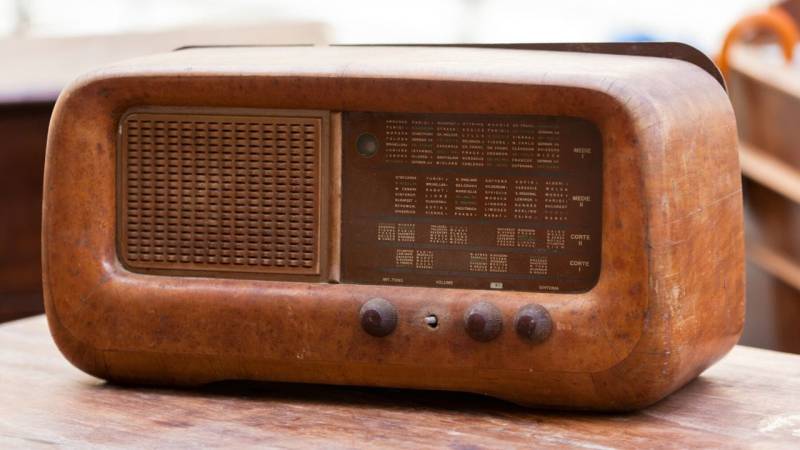
The connection to other people is essential for life. Stay in touch with society.
In case of a power outage for TV, telephone, and internet, you must rely on alternatives. Get your radio out of the cellar or even better, get a radio that works without electricity.
You can do this with a radio that is powered by solar modules and a crank (such as this Portable Emergency Radio with Solar Power and Crank). Most crank radios also have a USB port for charging smartphones.
In addition, two-way radios (such as this bestseller, the Motorola TLKR T80, with a range of up to 10 km) is a great way to stay in touch. Do your grandparents live just a few blocks away? Perfect for using two-way radios. Make sure you have enough chargers and are providing power (such as with a solar suitcase with a USB port, such as the Offgridtec© FSP 2 Ultra 120W Foldable Solar Panel).
Also read:
The Best Crank Radios 2023: Perfect for Outdoor Adventures and Power Outages - Outdoor-friendly and crisis-proof: Our recommendations for the best crank radios. Discover the best crank radios in our comparison (with buying guide).
5. Cooperate with other people
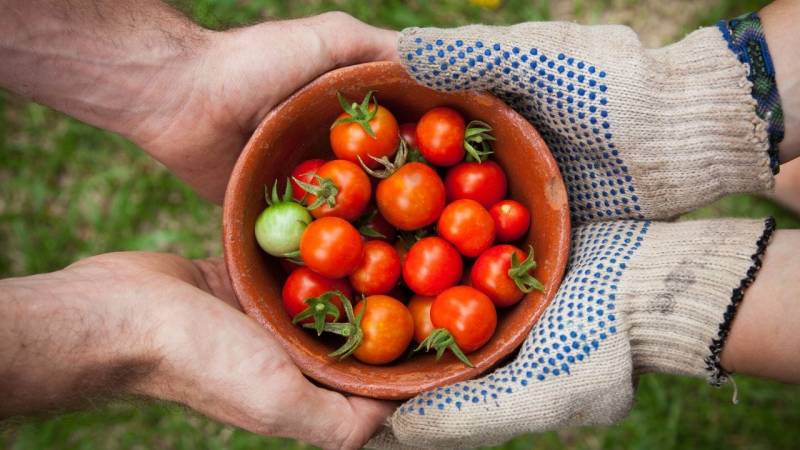
I am not a fan of preppers who believe they have to handle everything on their own. I have family and friends whom I can rely on in case of emergency.
And I will support them in case of emergency as well. My motto is: Together, in a team, I am strong. And if the neighbor knocks on the door because he is hungry, we'll share our soup.
Collaboration will help you in most crises.
6. Knowledge is power
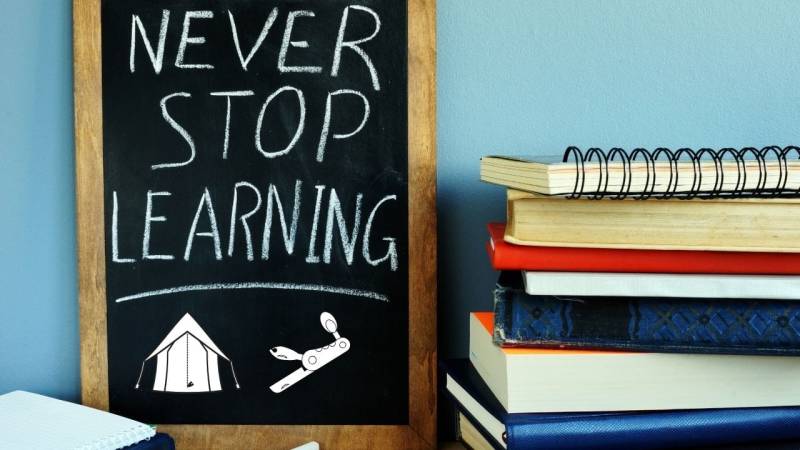
Who sleeps particularly well? Not the one who has everything in stock at home. But the one who can also apply his knowledge. Someone who is clever and looks beyond their horizon.
You not only have tools at home, but you also know how to make your own. Prepping also means mastering survival and bushcraft skills.
Don't think that you can acquire a lot of knowledge shortly before a power outage. Google will be dead by then.
So get yourself some books (4 great books about bushcraft) and learn the most important skills, such as:
- Building a fire
- Orientation (e.g., navigating without a compass)
- Building shelter
- etc.
I recommend my comprehensive article "19 survival skills you need to know (Top Survival Skills)" for this purpose. If you can practice these skills, you will be safe.
7. Store durable food and everyday goods
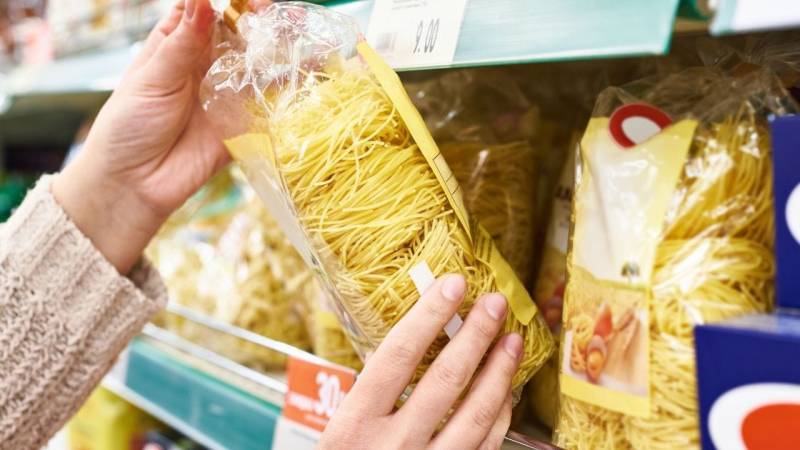
Basic foodstuffs and everyday goods are always the first to be hoarded. Can you still find pasta? Or toilet paper? Some days, I have a hard time finding all the items on my shopping list. Do you feel the same way?
So, stock up on pasta, rice, and beans. There's a little more to it than that, and you can find all the information in my article "The best foods for survival (shelf life of 10+ years)".
Or, you can skip the shopping and go straight for MREs (Meal, Ready-to-Eat). This is freeze-dried food that lasts forever. However, it also comes with a high price.
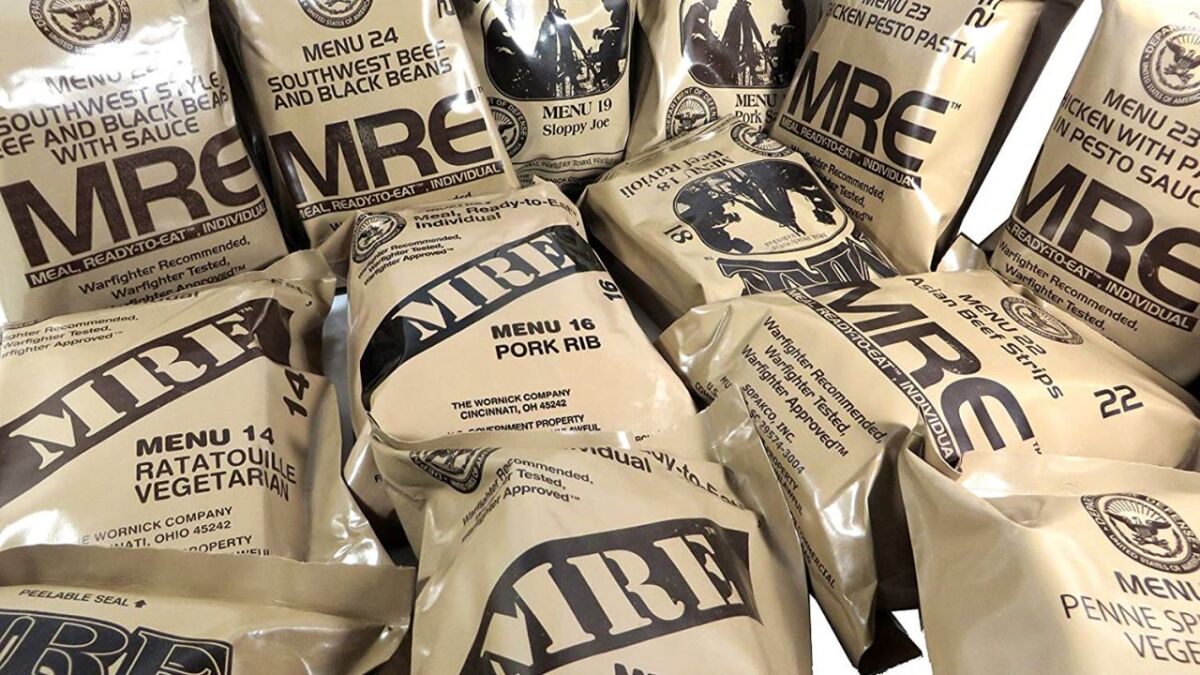
Once you've stored all the durable food at home, take care of your luxuries like soap, snacks, or gummy bears. Whatever you need to survive the crisis.
Read more: The first 13 things a new prepper should learn
8. Knowing the Right People
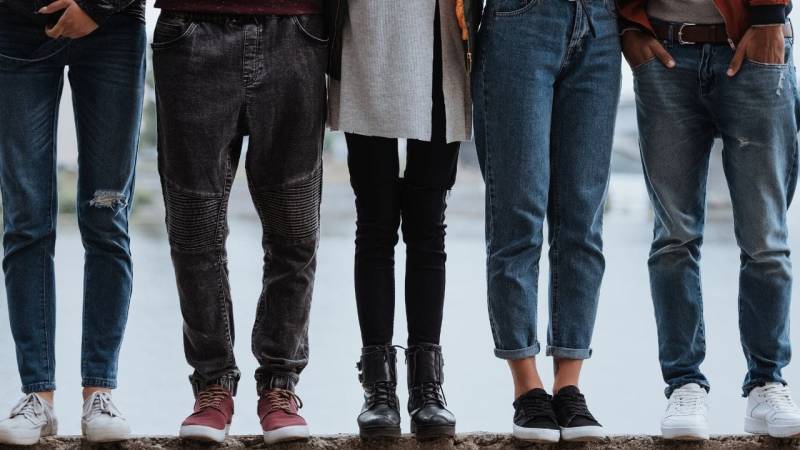
Even in non-crisis times, you should know the right people: lawyer, doctor, banker, insurance broker, car mechanic. And in times of crisis, these people become more important than ever before.
But don't just think about how to find the people and how to pay them. Also think about what you offer. What are you good at, and what do people need from you in a crisis?
For example, I can run a website and write articles, but I have also learned many survival and bushcraft skills. In addition, I know how to grow vegetables and provide for myself. This makes me a significant helper in case of an emergency.
Fact is: Contacts always help. Especially those who are prepared and deal with prepping.
9. There is an alternative for almost everything
As I already mentioned above: Look beyond your nose. There is an alternative for many things.
This is especially true if you can only cook with the goods available to you. One day, for example, the eggs will be gone if you don't keep chickens.
It's advisable to know what alternatives there are.
Here are a few examples:
- If you're out of eggs, use bananas, apples, apple purée, or ground flaxseed instead.
- If you're missing protein and there's no more meat left, turn to beans.
- Nothing left for disinfection? Grab some clear alcohol, preferably high-proof vodka.
- If you have pain in any part of your body and no more painkillers, try willow bark, ginger, curcumin, coffee, or tobacco.
10. Live sustainably
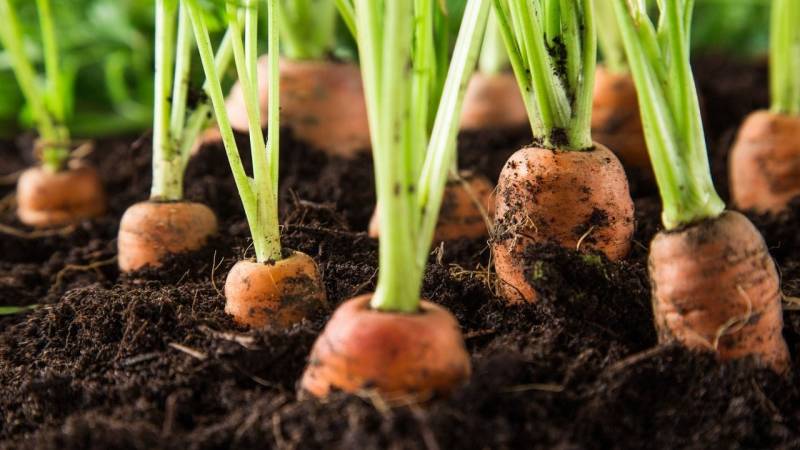
Prepping isn't enough in an emergency: Sustainability can be far more important.
I am a big fan of our ancestors' knowledge. How did people live in the past? Often very independently and self-sufficient.
Back then, people knew how to grow vegetables in a self-sufficient garden, keep livestock, make baskets, preserve food, and so on. The list is long, of the forgotten arts of humanity.
It starts with the simplest things: Do you know how to make your own noodles, for example? In the worst case, all you need is flour, water, and oil. All these ingredients have a long shelf life. Eggs spoil after several weeks.
With these books by John Seymour, you will acquire extensive knowledge – promised:
- Self-sufficiency from the Garden: How to Naturally Cultivate Your Garden and Harvest Healthy Food
- The New Book of Self-sufficiency (The "Self-sufficiency Bible" by John Seymour!)
- Forgotten Arts: Pictures of Old Crafts
11. Strong Psyche

A strong psyche is your foundation for a high tolerance for frustration during crises. And eventually, you will be frustrated with the state of the situation.
After just a few weeks of curfew and half-empty supermarkets, people's frustration levels rise. An emergency, isolation, or lockdown phase is a difficult situation, and some days you will feel depressed.
Read also:
How to prepare for and survive a lockdown in a city - Find out how to prepare for a lockdown in the city. How to cope with isolation and what alternatives are available?
Try to stay in contact with other people as much as possible and exchange information about the situation (or use a philosophical consultation). You must stay motivated.
Both can give you strength: talking to strong people themselves and motivate you - but also people who need help.
Sometimes, being needed can give you more strength than just dealing with strong people.
Summary
The corona crisis came quickly and unexpectedly. Many people are suffering, and I hope it will be over soon.
However, I would rather not bury my head in the sand. Therefore, I try to learn from crises and emergencies. Only if we look closely at the situation, we can learn from it and prepare better for the next time.
And now to you: Was there a particular section that inspired you to make a change or reconsider something?
I'm excited for a comment from you.


Author of the guide
Martin Gebhardt
Hey, I'm Martin. On my blog, you will learn the basics and numerous details about living in the wild. I think survival, bushcraft and the good life in nature are the keys to happiness. Find me here on Instagram or on YouTube. You can find more about my mission on the About Me page.
Was this guide helpful?
11 people found this guide helpful.
5.00 out of 5 points (11 Ratings)
Comments (0)
This post may contain affiliate links. So if you click on the links and make a purchase, I will receive a small commission at no additional cost to you. Click here, to learn more about it.


